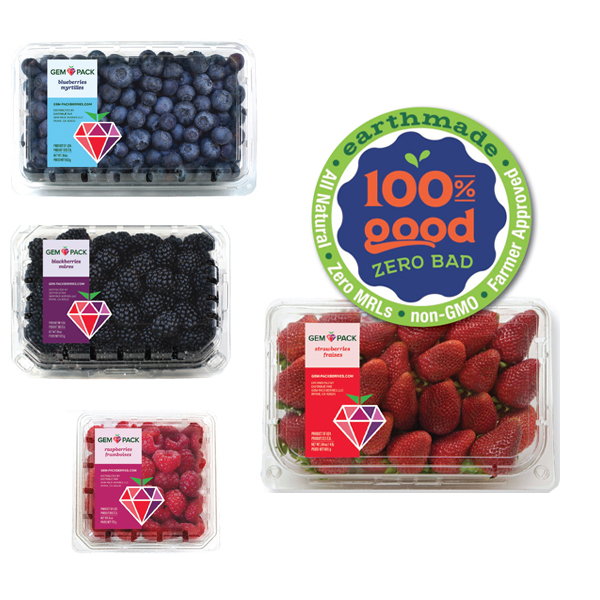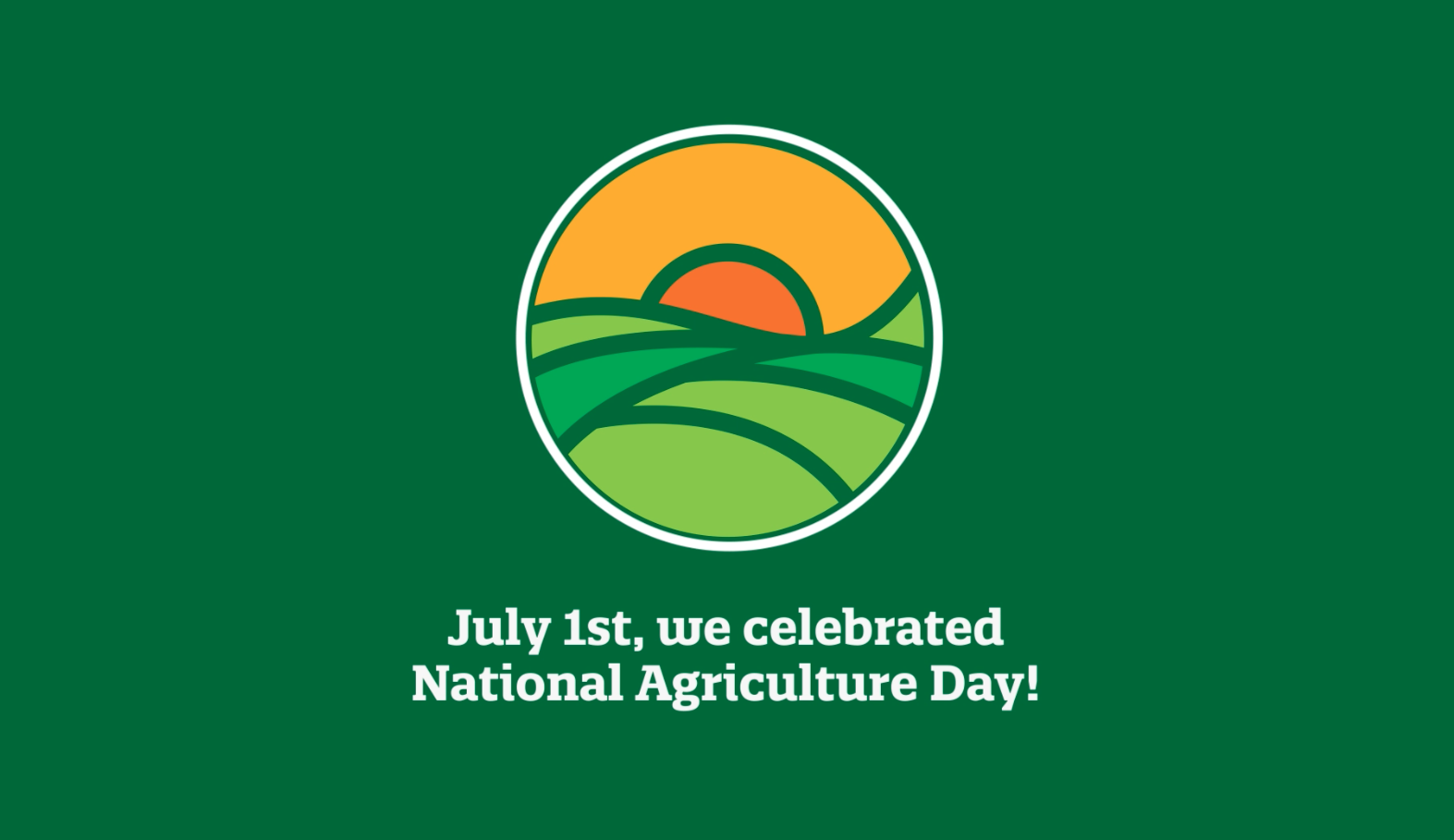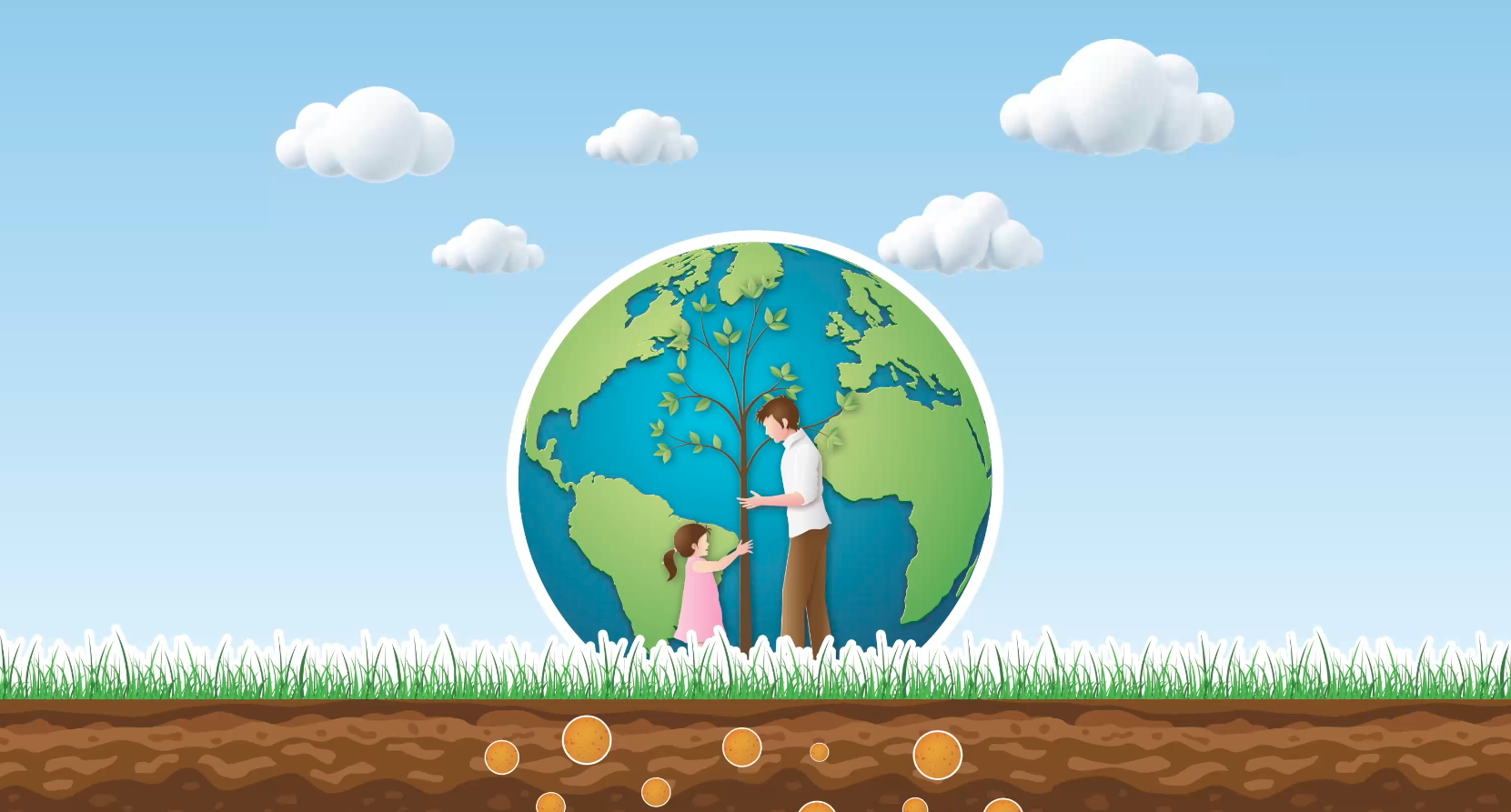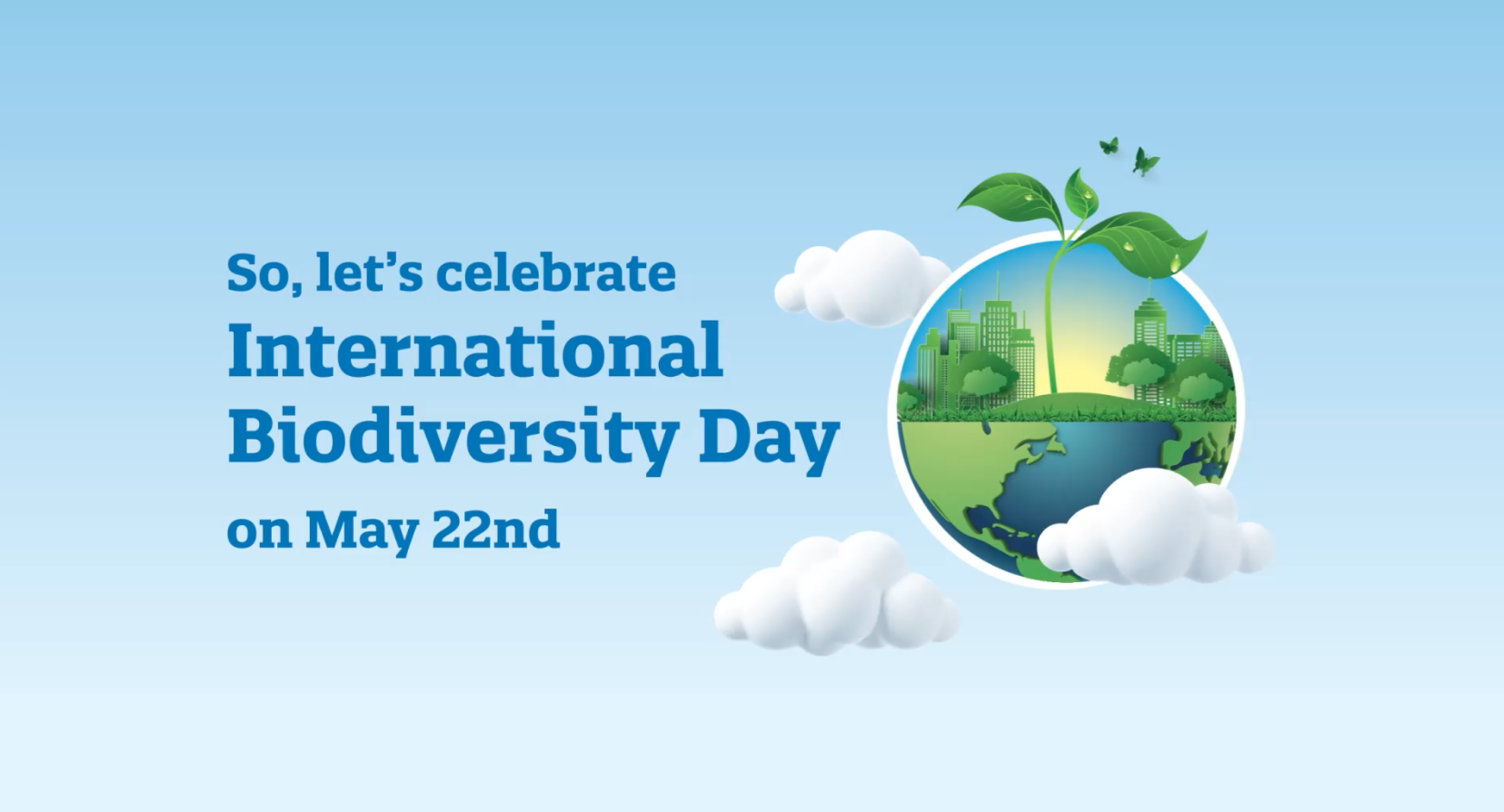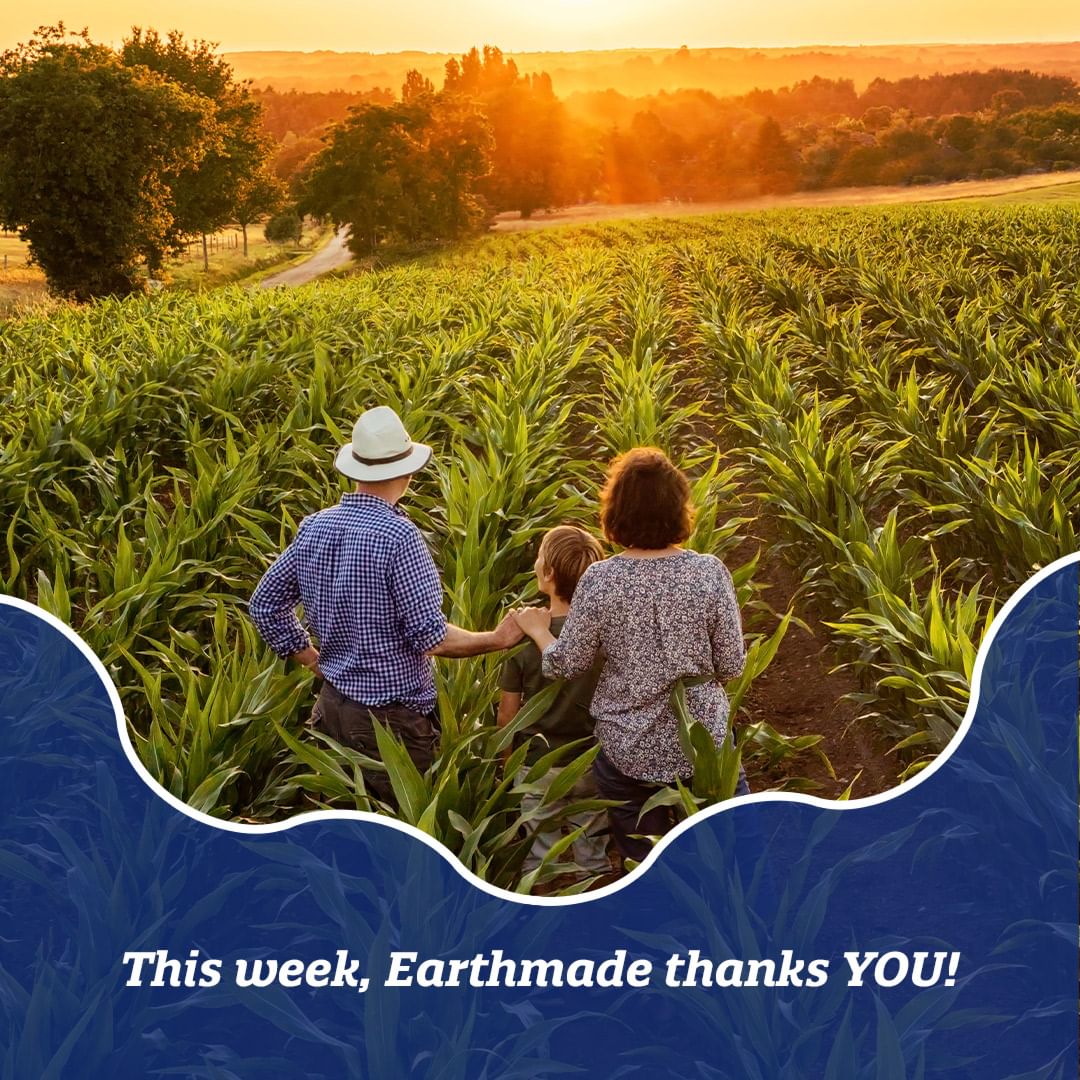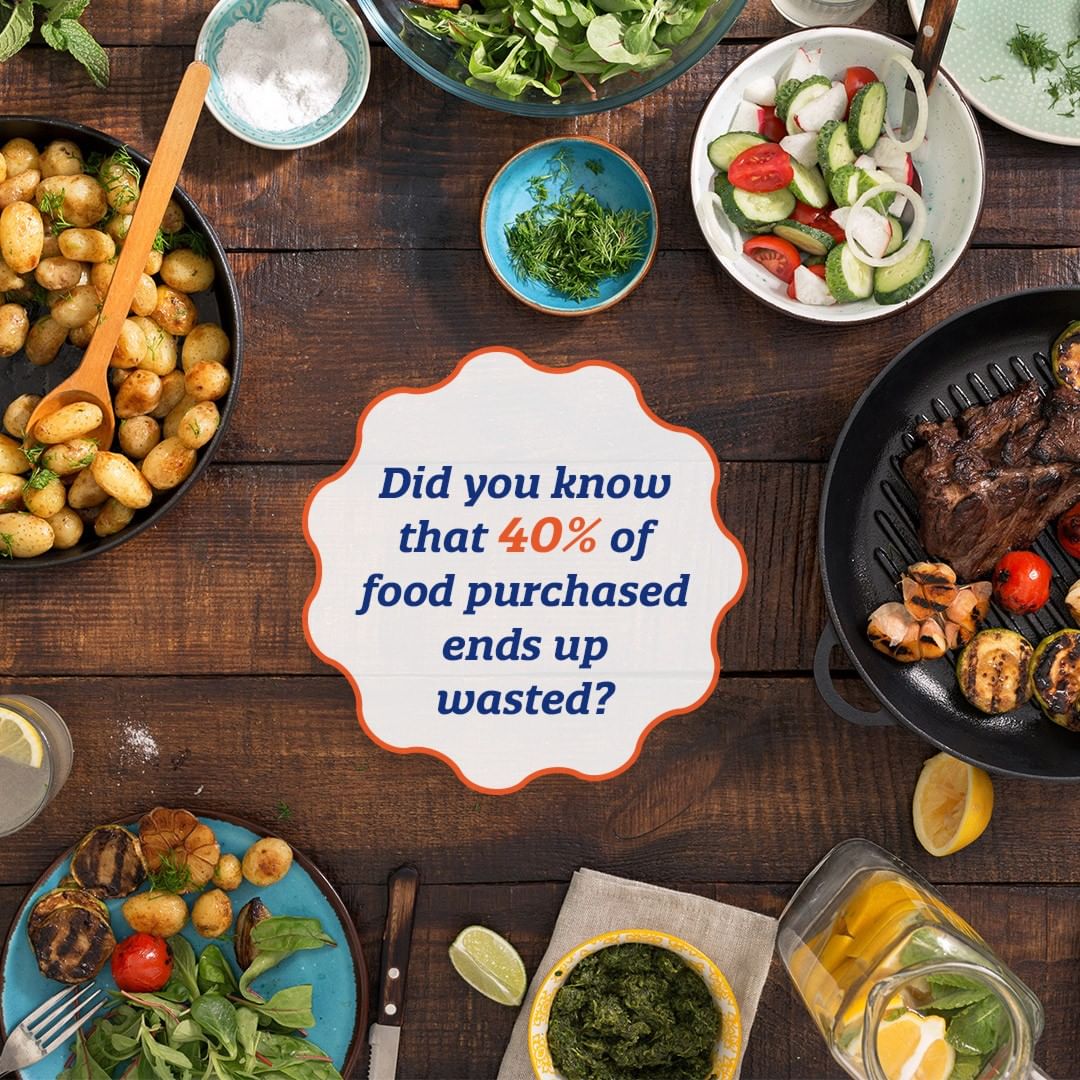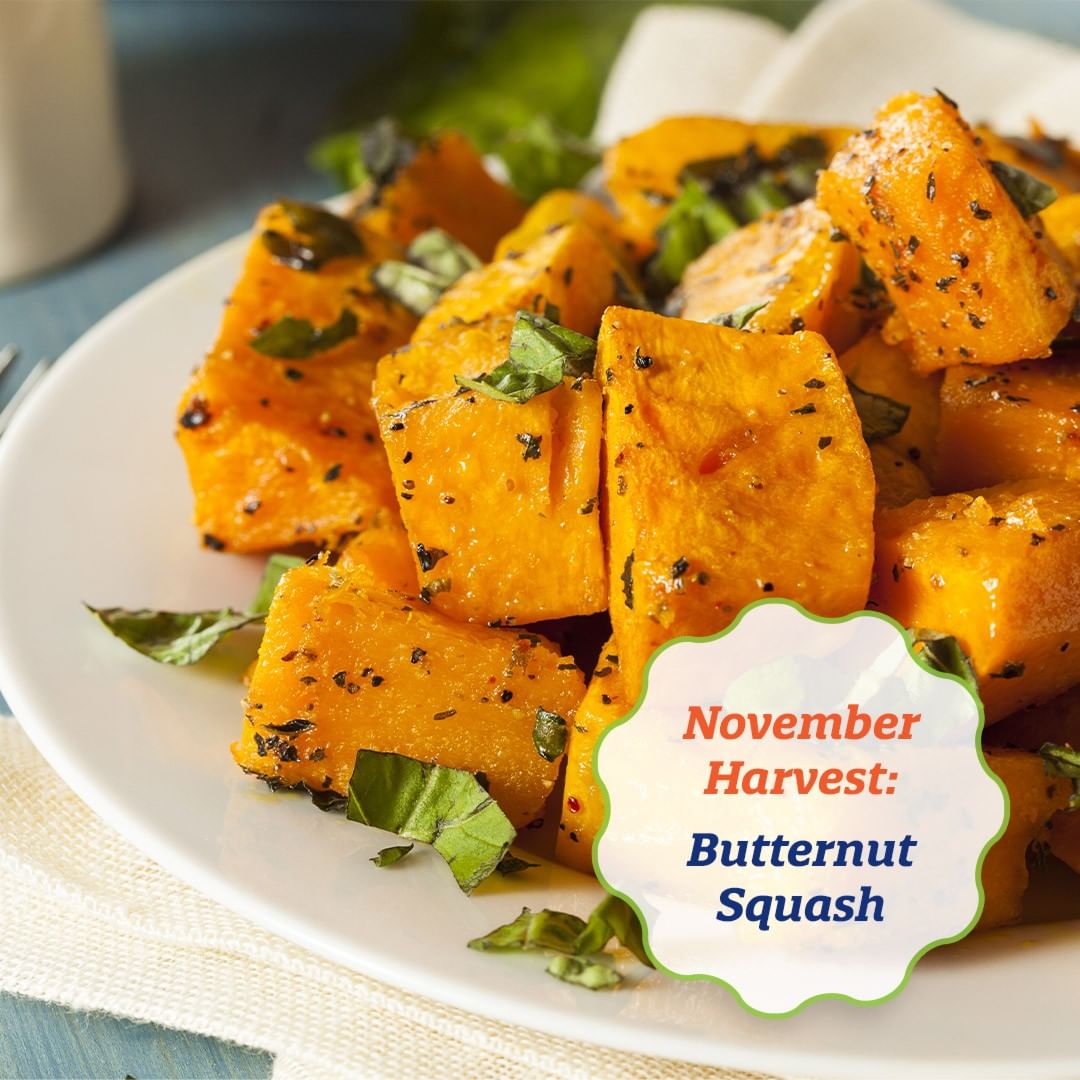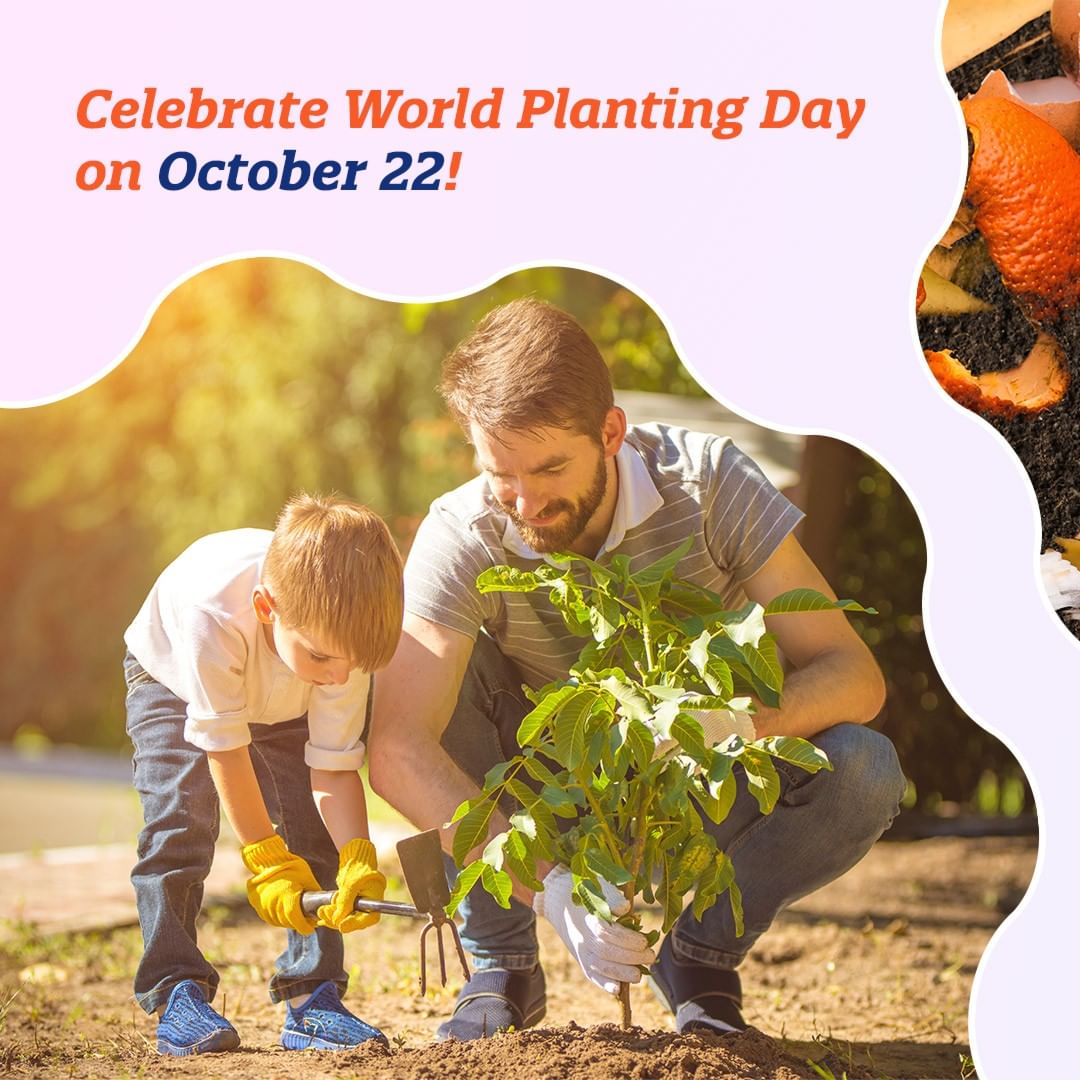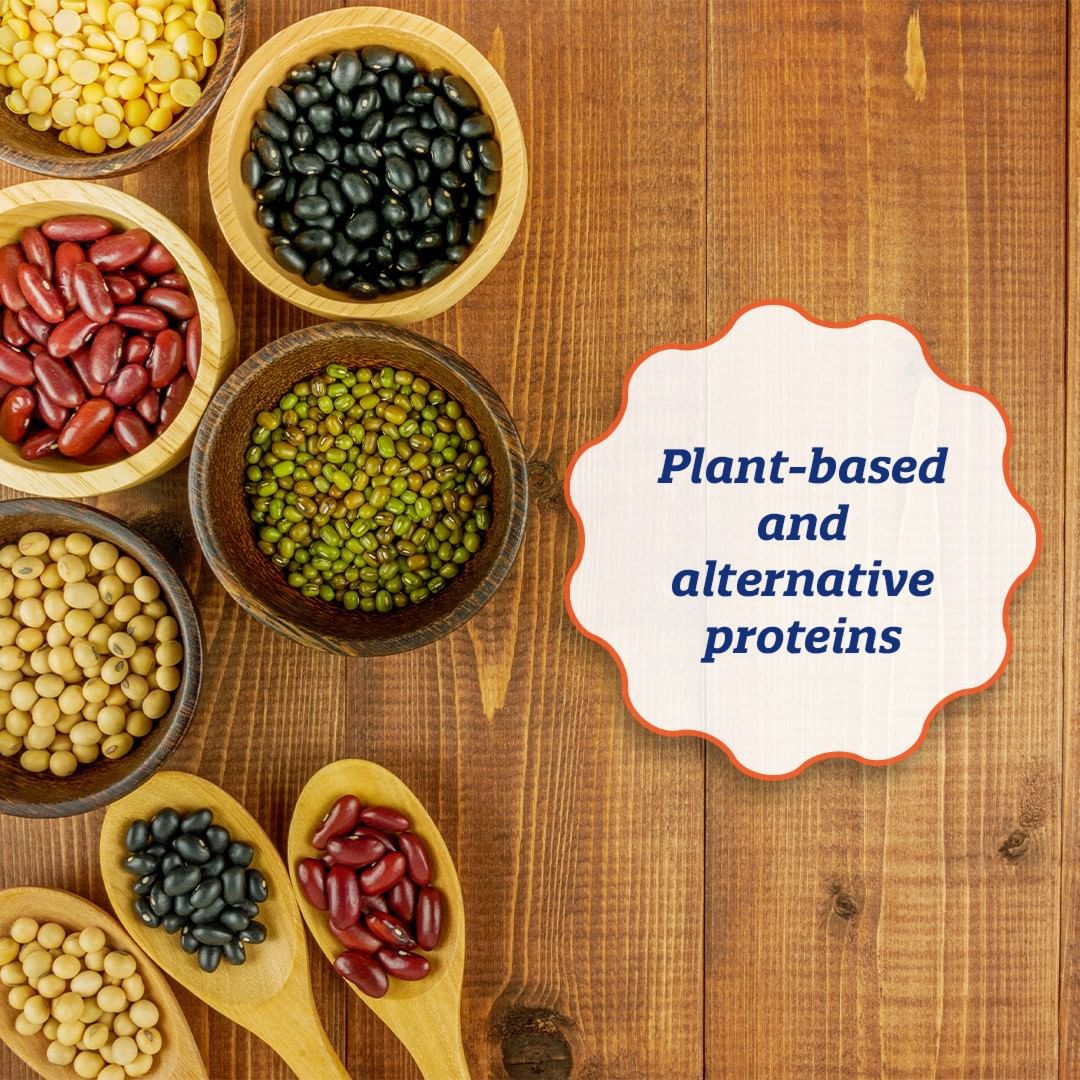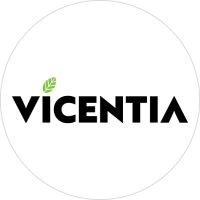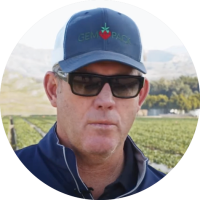GEM Pack Welcomes Well-Pict to Expanding Line of Brands This spring GEM Pack Berries welcomed Well-Pict to its expanding line of brands. The addition of Well-Pict will deepen GEM Pack’s commitment to proprietary varieties as well as expand the company’s offerings across the berry patch spectrum. Vice President of
On July 1st, we celebrated National Agriculture Day, honoring the timeless art and science of sustainable farming that has been the foundation of civilizations throughout history. Today, as we embrace modern techniques, it's essential to reflect on the impact of our practices on the environment and human health.
Let's talk about Magnificent Microbiomes and why they are the best real estate to invest in! Microorganisms (also called microbes, including bacteria, fungi, viruses, archaea, etc.) are everywhere. Typically invisible to the naked eye, they live in and on plants, animals, water, soil, food and humans. Within each of
The Importance of Biodiversity and Biocentrism Earthmade makes a difference! Along our journey, we’ve come to an important realization: the only way to feed the world in a healthy way without destroying the environment is an agricultural system free from chemicals. So what do we do about it? Our
November is a month for giving and gratitude. This year we are giving thanks for all the people who have believed in Earthmade and brought us to where we are today! Thank you to the farmers, the scientists, our partners, our vendors, and everyone that makes Earthmade, Earthmade.
What should gardeners do in November? November is a great time for gardeners to rake leaves (to use for mulch or compost), add organic matter to flower borders and other garden beds, and cover compost piles so rain does not deprive it of nutrients. Also, November is a
With the Holiday season approaching, everyone has food on the brain. What will you cook? What will you eat? Will you go back for seconds, thirds? But perhaps a question you’re not asking is… how much food is actually wasted from farm to the Holiday table? Roughly 40%
What should be harvested in November? Here are a few foods to keep your fall meal options healthy, and tasty! Butternut Squash: This versatile food is low in calories, fat, and carbohydrates, yet high in a host of essential nutrients. A creamy, delectable gift of nature, butternut squash is
Get your grow on! World Planting Day is celebrated every year as a day to get more people involved, and to plant as many trees and plants as possible in order to help fight climate change. Trees and plants are important for the environment because they help to absorb
Alternative proteins are plant-based and food-technology alternatives to animal protein. They include food products made from plants (for example, grains, legumes and nuts), fungus (mushrooms), algae, insects and even cultured (lab-grown) meat. These alternatives are often used for people who follow vegetarian or vegan diets, and are also

